Jun Uchida
Professor of History
Department Vice-Chair
Ph.D., Harvard University, History
M.A., University of California at Berkeley, History
B.A., Cornell University, History
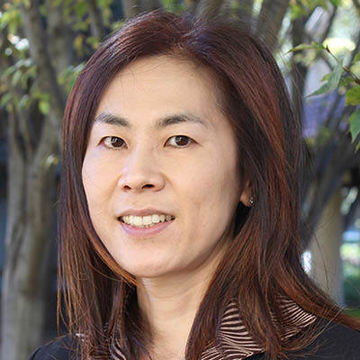
My teaching and research focus on the following areas of interest:
Japanese empire in Asia
Colonial Korea
Comparative Colonialism
History of immigration and diaspora
Transpacific History
Settler colonialism
Decolonization and politics of memory
Oral history
Books
Articles/Chapters
Subfield
Empires
Global, Transnational, and International History
Immigration, Borderlands, and Frontiers
Social History
The Pacific World
Highlights
Prof. Mark Ravina of Emory University, an esteemed Stanford alumnus, delivered a keynote lecture on “Meiji Japan and the ‘Long-Nineteenth Century’ in celebration of a trifecta of anniversaries: CEAS's 50th, Hoover’s centennial, & the 150th anniversary of the Meiji Restoration
Stanford East Asian Library acquires nearly century-old diaries kept by a Japanese immigrant in San Francisco Bay Area .
Translations
- Pransenjit Duara, “Ethnos and Ethnology in Manchukuo,” translated into “Manshūkoku ni okeru Minzoku to Minzokugaku,” in Iwanami Kōza: Ajia, Taiheiyō Sensō, vol. 7: Shihai to bōryoku (Tokyo: Iwanami Shoten, 2006).
- Sandra Wilson, “Securing prosperity and serving the nation: Japanese farmers and Manchuria, 1931-33,” in Ann Waswo and Nishida Yoshiaki, eds. Farmers and Village Life in Twentieth-Century Japan (London and New York: RoutledgeCurzon, 2003), translated into Japanese for Nishida Yoshiaki and Ann Waswo, eds. Nijusseiki Nihon no nōmin to nōson (Tokyo: University of Tokyo Press, 2006)
Book Reviews
- Todd A. Henry, Assimilating Seoul: Japanese Rule and the Politics of Public Space in Colonial Korea, 1910-1945 (University of California Press, 2014), The Journal of Asian Studies 74, no. 3 (August 2015): 763-65.
- Takasaki Sōji, Shokuminchi Chōsen no Nihonjin [The Japanese in Colonial Korea] (Tokyo: Iwanami Shoten, 2002), Kankoku Chōsen Bunka Kenkyūkai, ed. Kankoku Chōsen no bunka to shakai [Korean Culture and Society], vol. 2 (October 2003).
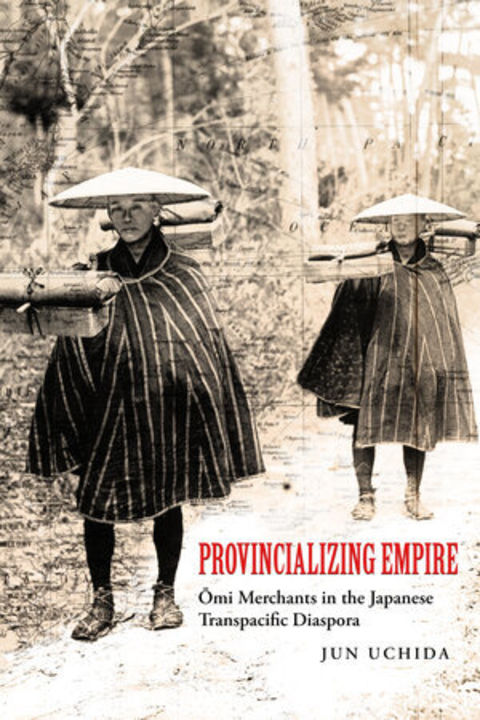
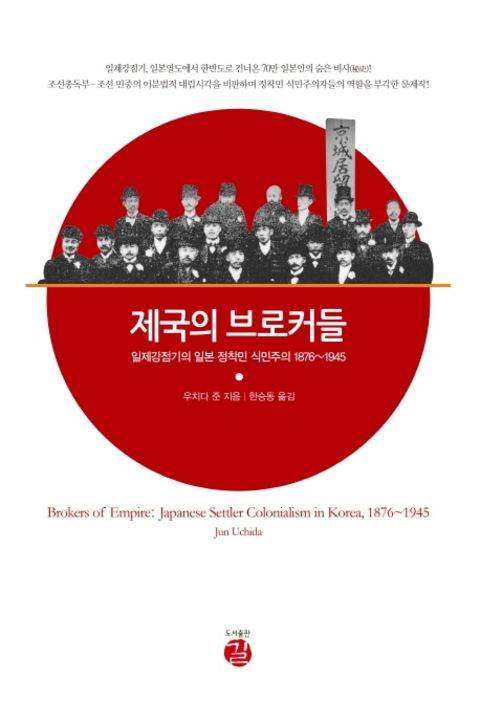
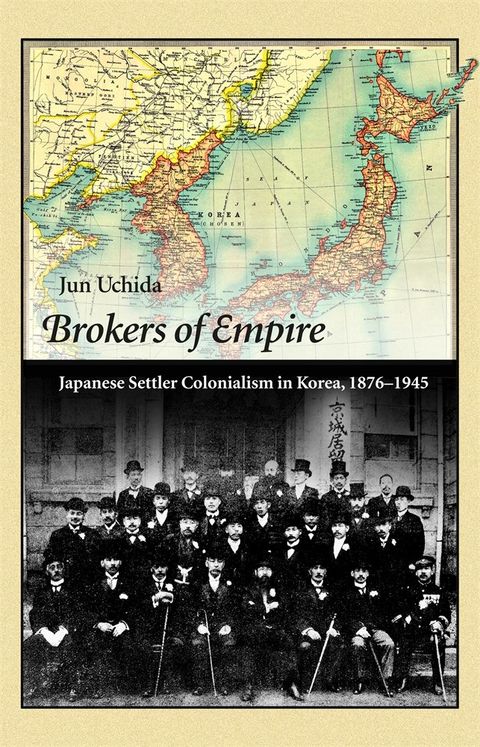

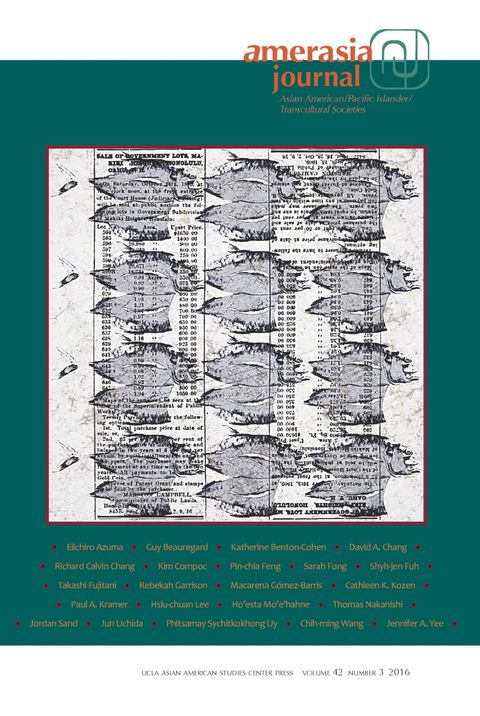
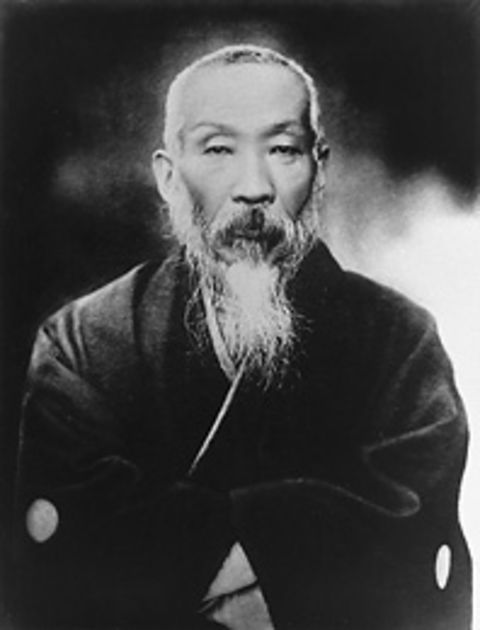
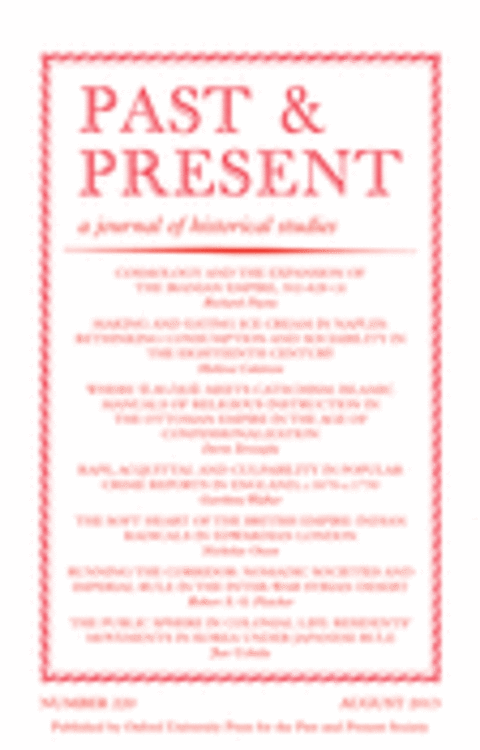
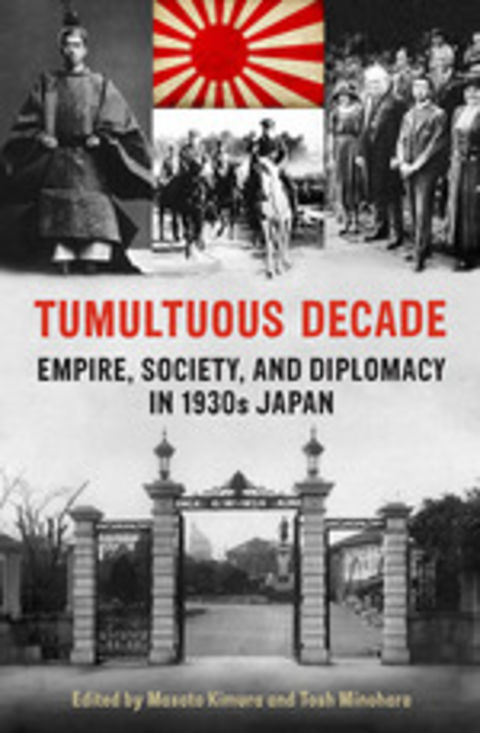
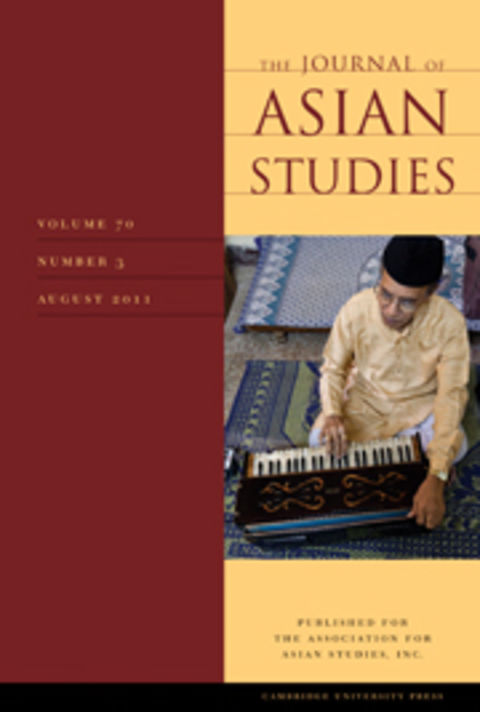
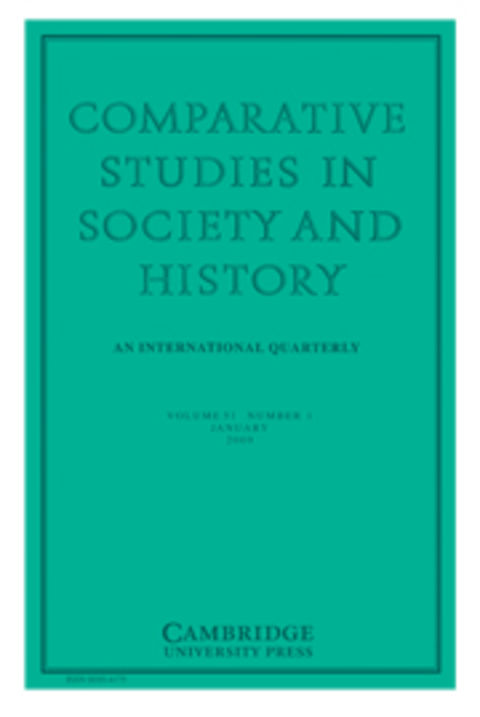
![“Ch’ongnyŏkch’ŏn sigi e issŏsŏ ŭi chae Chosŏn Ilbonin ŭi ‘naesŏn ilch’e’ chŏngch’aek e taehan hyŏmnyŏk [Japanese Settlers’ Collaboration with ‘Naisen Ittai’ Policy in Colonial Korea under Total War],”](/sites/history/files/styles/hs_large_scaled_480px/public/media/image/publications/asea_yongu_cover.jpg?itok=0Fq-yC-p)
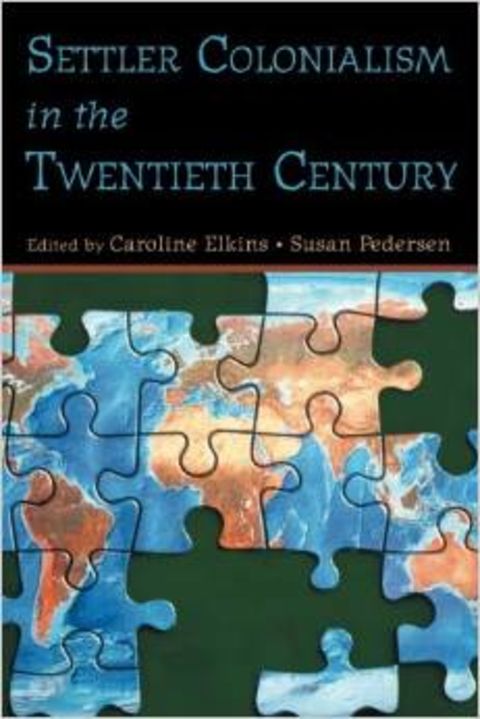
![Book Review: Takasaki Sōji, Shokuminchi Chōsen no Nihonjin [The Japanese in Colonial Korea] (Tokyo: Iwanami Shoten, 2002)](/sites/history/files/styles/hs_large_scaled_480px/public/media/image/publications/han_guo_zhao_xian_nowen_hua_toshe_hui_.jpg?itok=iWeFEGk0)
![“Shokuminchiki Chōsen ni okeru Dōkaseisaku to Zaichō Nihonjin—Dōminkai o jirei to shite [Assimilation Policy and Japanese Settlers in Colonial Korea: A Case Study of the Dōminkai]”](/sites/history/files/styles/hs_large_scaled_480px/public/media/image/publications/zhao_xian_shi_yan_jiu_hui_lun_wen_ji_.jpg?itok=IZqFRbwv)
![“America ni okeru seiyō shokuminchi kenkyū – atarashii shiten no kaitaku [Recent Trends in Colonial Studies in the United States: Exploring New Perspectives]”](/sites/history/files/styles/hs_large_scaled_480px/public/media/image/publications/ri_ben_zhi_min_di_yan_jiu_.jpg?itok=6Aj97twC)